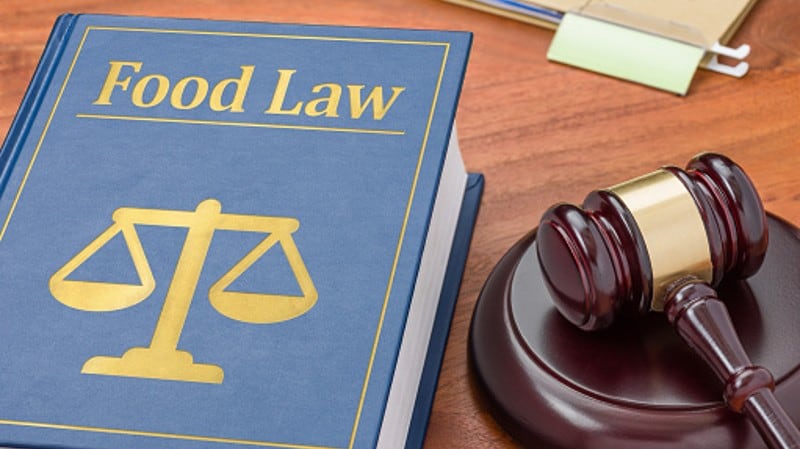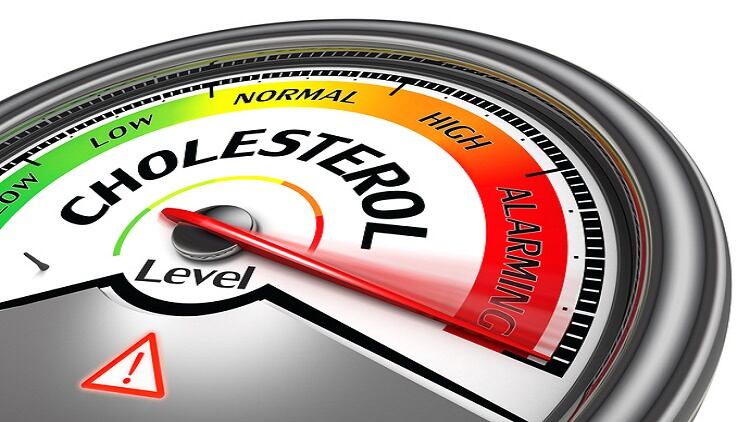SFA has opened public consultations for draft provisions to be added to the local Food Safety and Security Bill (FSSB) covering the area of what has now been named ‘defined foods’ and the relevant pre-market approval process.
Defined foods have been stipulated as food products under the novel food category (where no pre-market approval has yet been granted such as cultivated meat), genetically modified (GM) products which have not gotten pre-market approval, and all unapproved insect-like species.
“The proposed provisions for defined food are intended to formalise the responsibility of novel food and GM food companies,” SFA stated via the draft regulations document.
“These firms are required to submit applications for premarket approval prior to the sale of defined foods in Singapore [and these provisions] will help to provide legal clarity to companies.
“SFA will continue existing initiatives to [ensure] that safety assessments are robust and protect consumer health [and] will endeavour to protect the confidentiality of confidential information and trade secrets submitted [but please note that] SFA does not sign non-disclosure agreements (NDA) with applicants for the purposes of evaluating the safety information submitted.”
In the draft provisions text, a good deal of focus as been placed on highlighting liabilities and penalties for companies attempting to prematurely supply or even promote these items to the public in Singapore without this approval.
“An offence will be deemed to have been committed if the violator supplies any food products that fall under the defined food category in Singapore, and they know or ought reasonably to know that it is a defined food,” stated the draft regulations.
“On conviction, individuals are liable to monetary fines not exceeding S$15,000 or imprisonment of not more than six months of both; or double these penalties if they are a repeat offender.
“If not an individual, the [group or organisation in question] will be liable to a fine of not more than S$30,000 and double that if it is a repeat offence. It will be considered immaterial whether the food in concern is found to be safe for consumption or not.
“If a person advertises any defined food products which are confirmed to fall in the defined food category at the time of advertising, fines of up to S$5,000 and/or three months of imprisonment (for individual offenders), S$10,000 and/or up to six months of imprisonment (for repeat offenders) will apply.”
SFA also highlighted a section on terms for pre-market approval cancellations of defined food whereby no compensation would be given to the relevant novel food or GM food company.
“If SFA is satisfied that the pre-market approval had been obtained by fraud or misrepresentation, or that any condition of the pre-market approval had been contravened or not complied with, these are grounds for cancellation of the approval without any compensation,” it said.
“This will also apply if after the approval was originally granted, there was a material change made to either the method by which the [product] is manufactured, prepared, preserved, packaged and stored; or to any other information that was provided in connection with the original application.
“It will also apply if the national security of public interest of Singapore requires said cancellation.”
The public consultation will remain open until May 14 this year, and members of the industry and the public can submit any comments to SFA here.
Insects in focus
An additional explanatory statement from the ministry highlighted that an insect-like species as food or insect protein foods in Singapore must be specified as ‘catalogued insect-like species’ before it can be released from the defined food category.
“Unless it is catalogued, an insect-like species, even if edible, cannot be supplied for human consumption in Singapore,” said SFA.
“These must be declared by subsidiary legislation to be a catalogued insect-like species [which will only be made] once SFA is satisfied that it is no longer of high regulatory concern.
“SFA has developed an insect regulatory framework [which] is set to take effect later in 2024.
“The framework permits approved species of insects and other catalogued insect-like species with a history of human consumption to be used as food and sets out food safety requirements which food businesses must meet [to] import, process or farm these insects for human consumption.”
This framework comprises 16 types of insects including three types of moth larvae or pupae, five types of grub/beetle larvae, seven types of crickets/locusts/grasshoppers and honeybees. Enforcement is expected for June this year.





